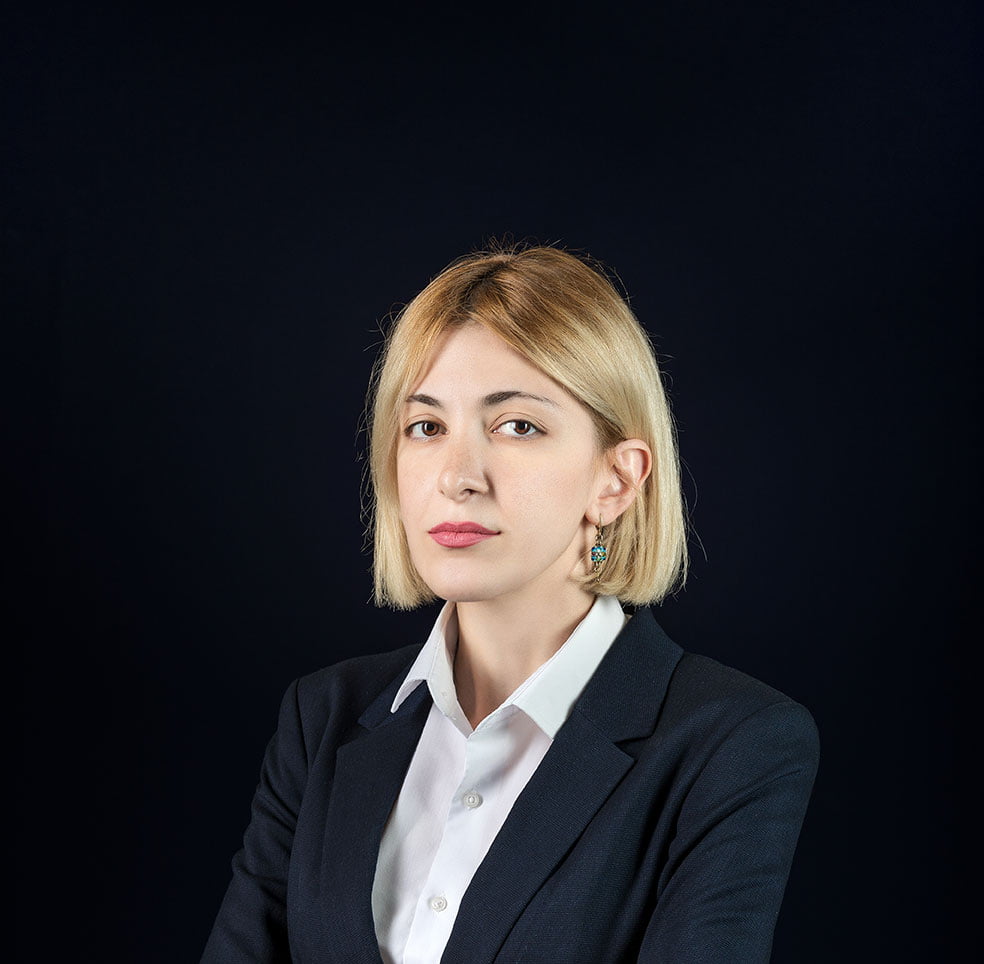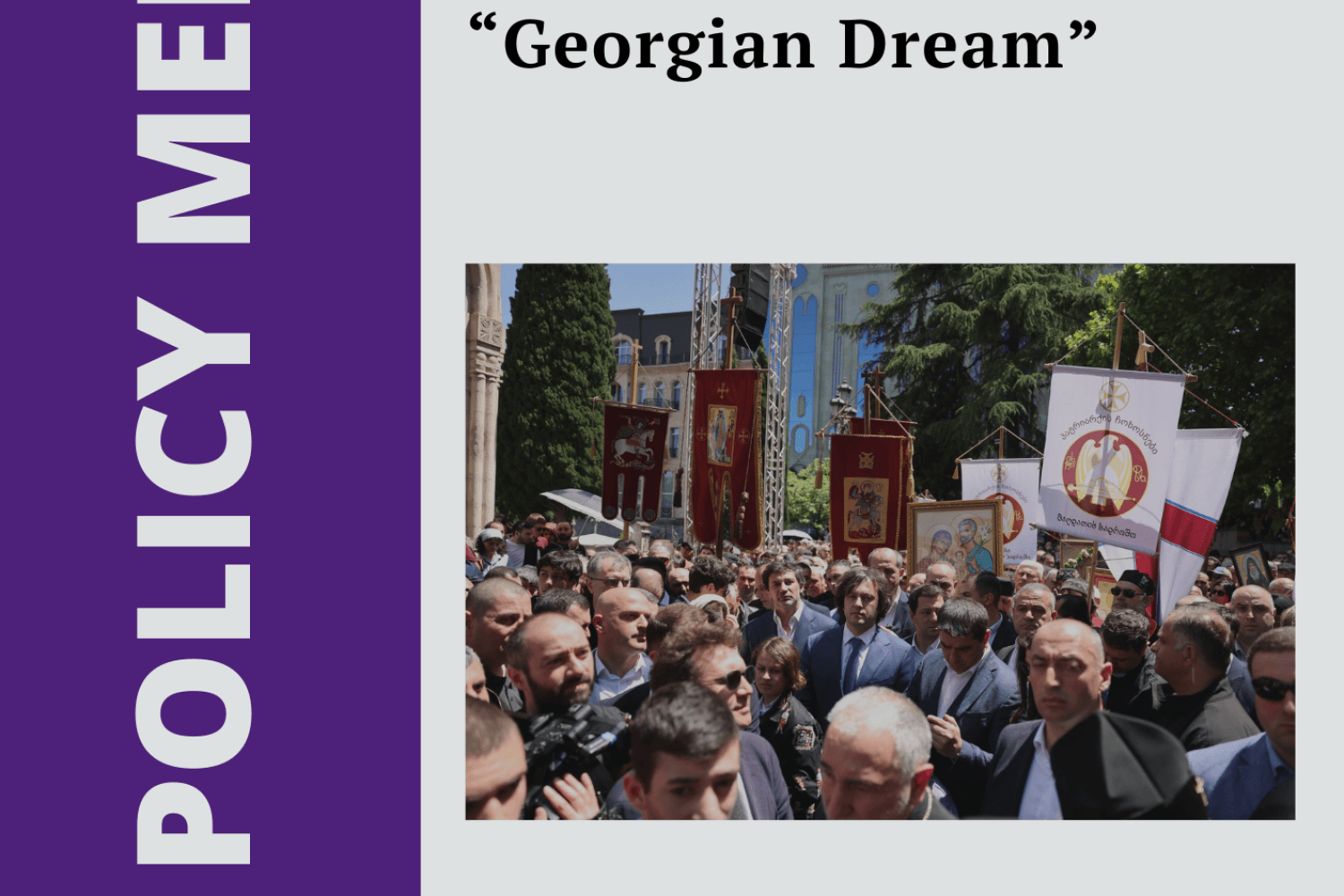2024-10-17 14:50:32
In the last decade, Georgia has firmly maintained its place among countries with hybrid democracies and is therefore characterized by an unstable political system. Political parties find it difficult to maintain ideological stability and often change their priorities depending on the context and needs. One of the clear examples of this is the radical ideological transformation of the ruling party – Georgian Dream. Specifically, Georgian Dream has dramatically changed its political agenda from a focus on social issues and EU integration policies to a policy of strengthening conservative narratives and intimidation (Radio Liberty 2024a). This change has been reflected in the appropriation of the narratives of the so-called conservative and ultra-nationalist movements and the placing of their political agendas at the core of the election campaign (On.ge 2024).
Building a pre-election campaign on negative messages and targeting opponents is not new for Georgian Dream, however, the 2024 election campaign is distinguished by the use of unprecedented methods of creating fear in society. This fear is based on the paradigm of war and peace, with Georgian Dream trying to present itself as the only guarantee of peace in the country. Georgian Dream accused a large part of the opposition of trying to drag the country into war and labelled it as a “collective National Movement”, abolition of which is one of their main post-election goals (კუნჭულია 2024). Since 2022, Georgian Dream has been constantly instrumentalizing the topic of war and peace in politics (Kakachia & Kandelaki 2023). However, in the run up to the 2024 elections, the rapid change of the discourse in the Georgian dream has become particularly striking.
This policy memo analyzes the roots and tactics of the Georgian ruling party’s shift from social and European integration agenda to pseudo-conservative-religious discourse.





